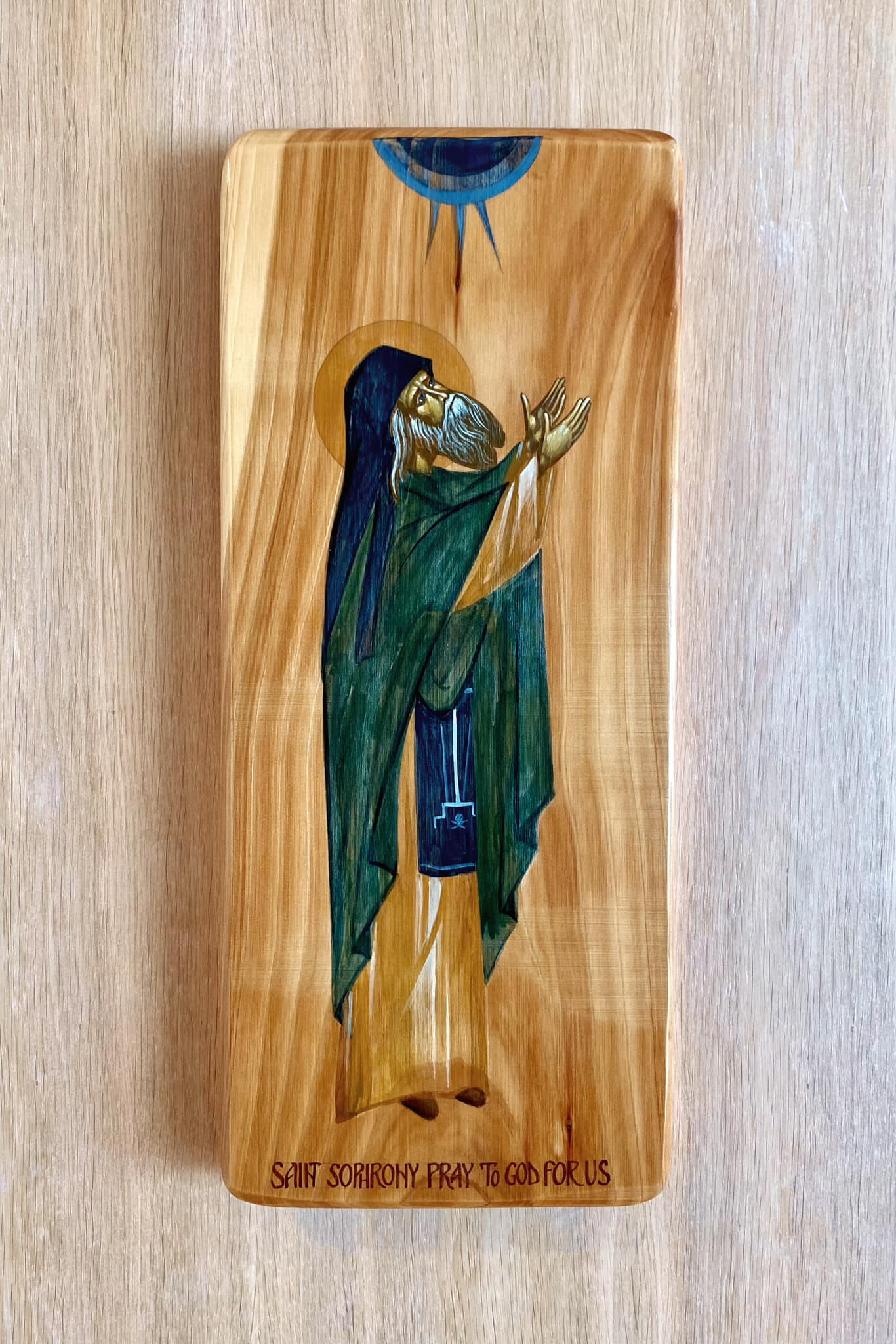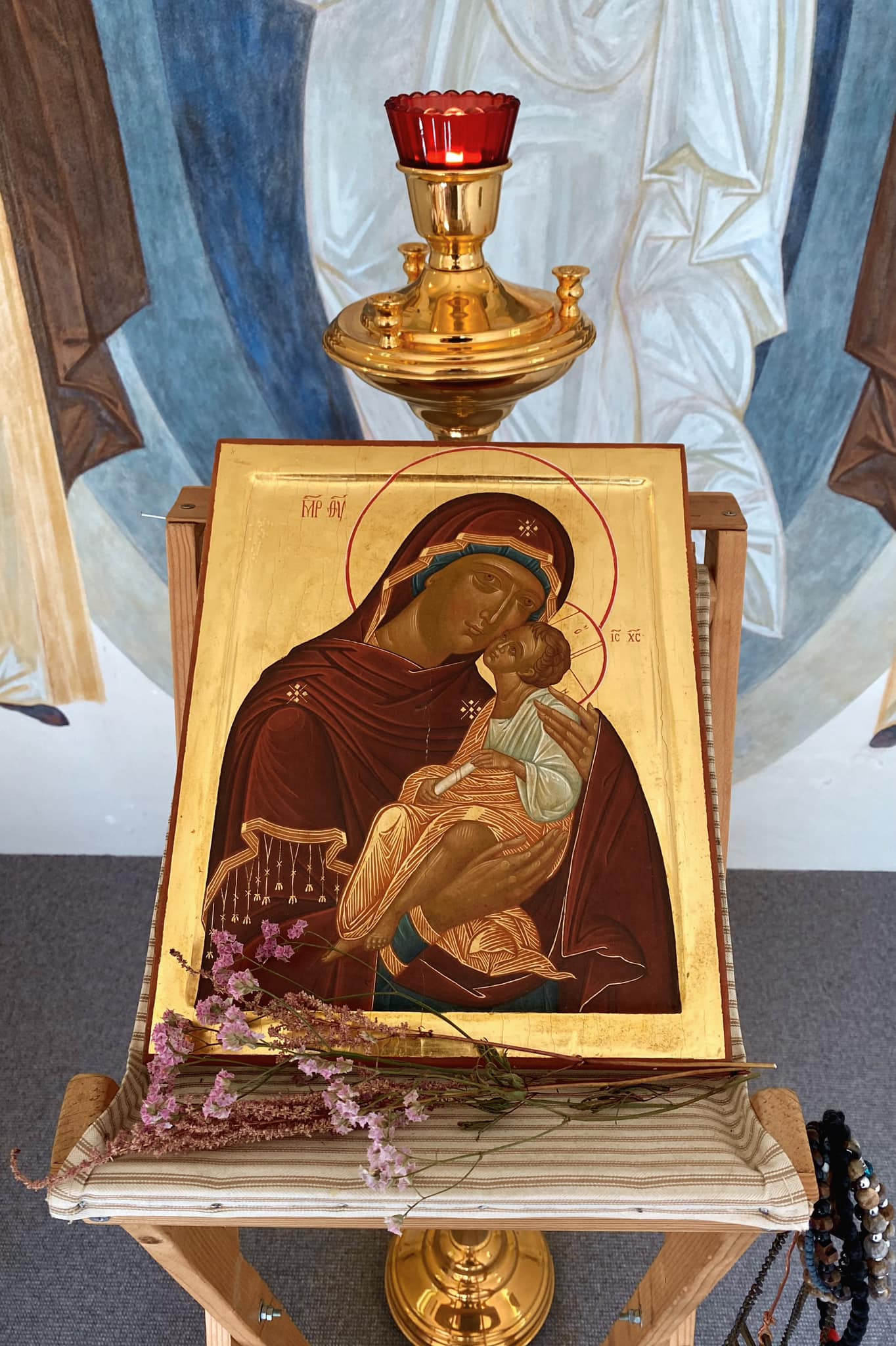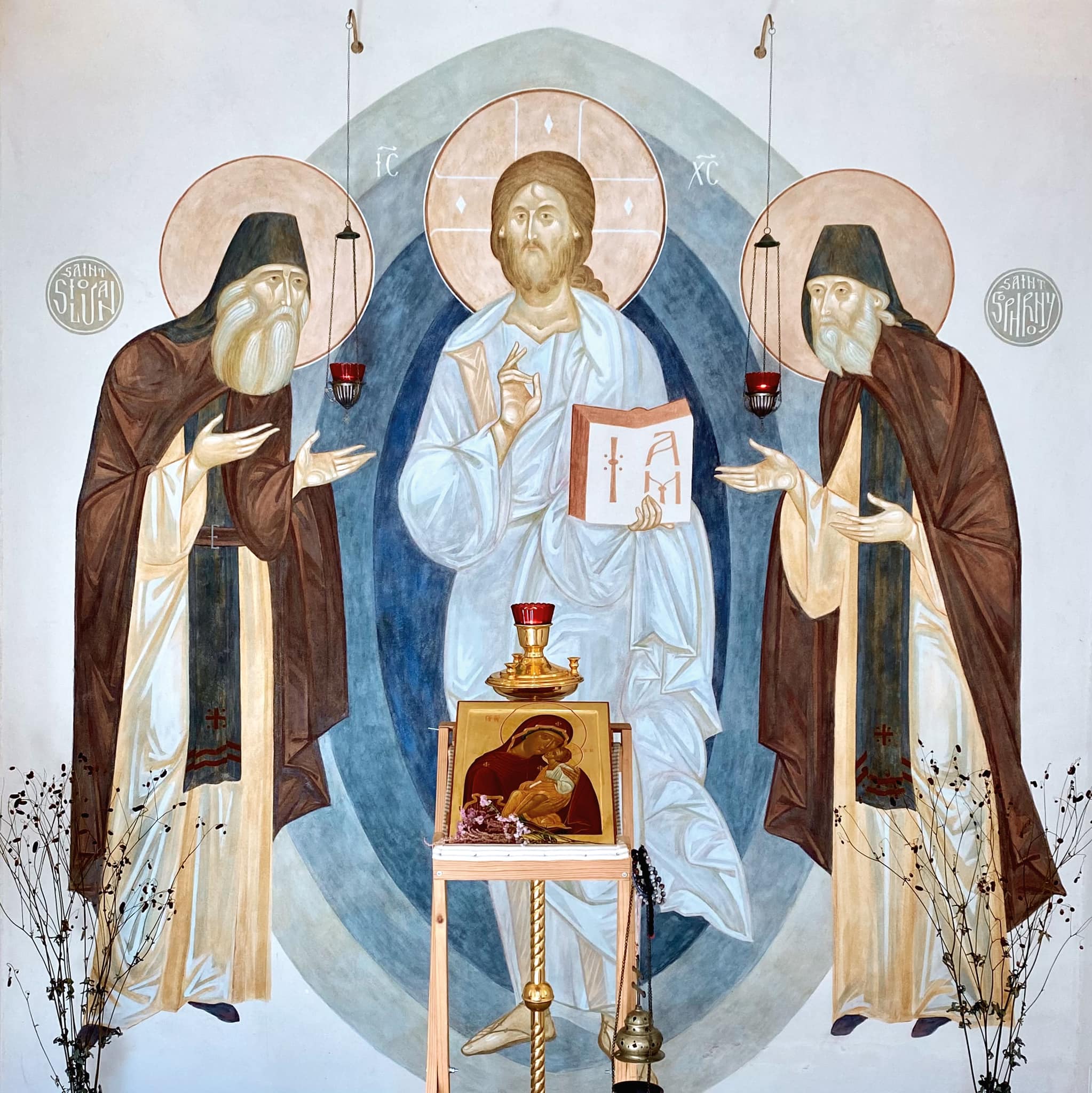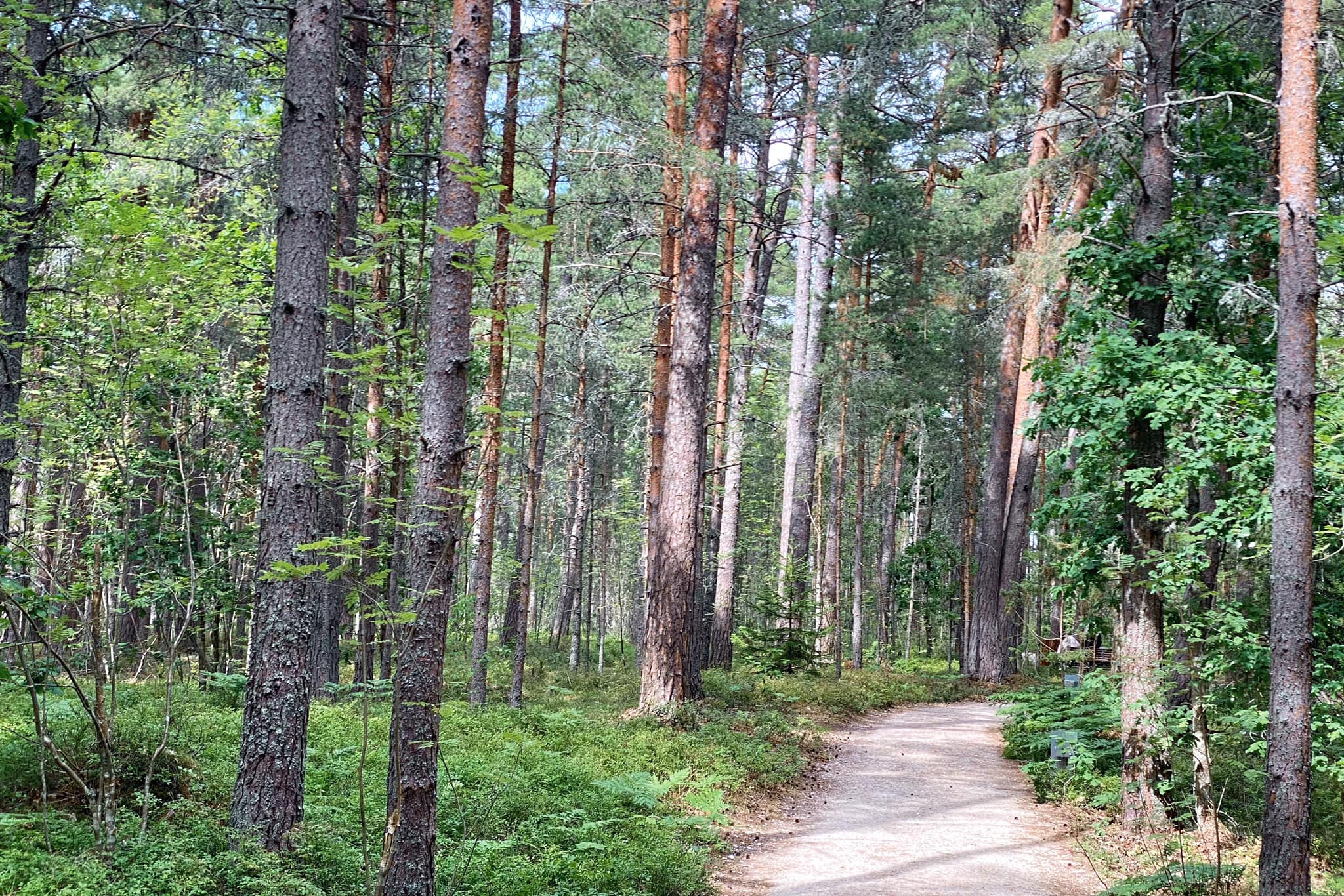Hannah Fitzpatrick and Anindya Raychaudhuri discuss a topical podcast that covers politics, power, and pop culture
What is the State of the Theory podcast?
Hannah Fitzpatrick: Like most podcasts, State of the Theory is a manifestation of our narcissism. It began as an optimistic hope (albeit with few expectations) that our casual conversations might be of interest to, and spark debate among, our friends and colleagues. We used to commute together a few times a week, and the car became a sort of impromptu seminar venue, but without the audience. After the last research auditing exercise undertaken by the UK government in 2014, Impact and Public Engagement became quantifiable entities that might be used for or against us later in our careers, so the podcast is a sort of compromise, a way for us to demonstrate that our thoughts have value beyond the walls of the Vauxhall Astra, while still doing it on our own terms. A way of selling out without entirely selling out, if you will. Also, we missed the long drive, where all we could do was chat, and we could have these long, multi-stage conversations over the course of a week or two, so the podcast was a way for us to recreate that time. (more…)




























